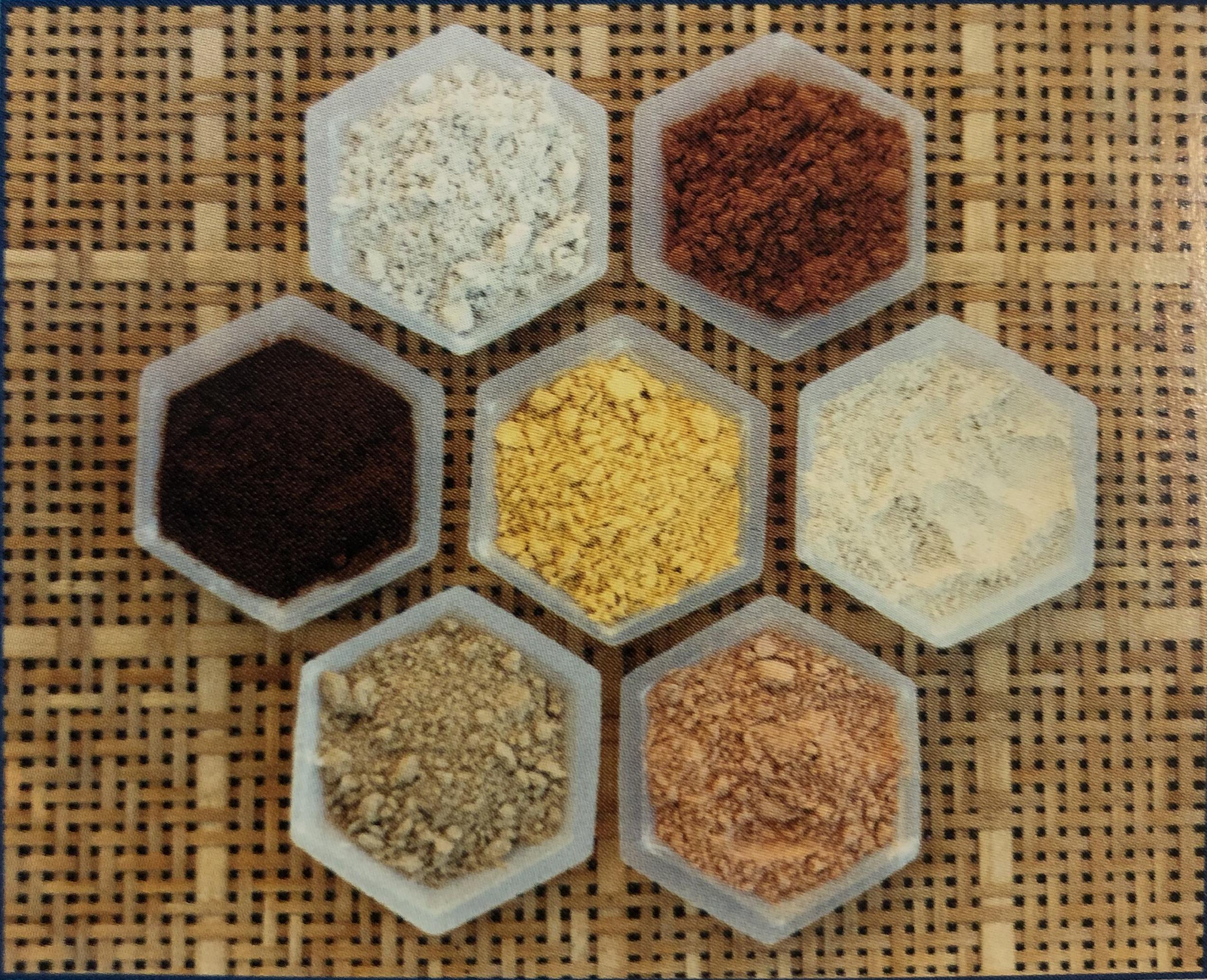
Dong, Development of economical, high-performance, low-polluting feeds and feeding strategies
This project endeavors to enrich the aquaculture sector with vital data that informs responsible decisions within the industry and regulatory environmental agencies. By examining and optimizing key factors like dietary efficiency, fish growth rates, health indices, and digestible levels of phosphorus and protein; we aim to attain sustainable hatchery practices paired with lower pollution levels. Utilizing our extensive knowledge of aquaculture, we will contribute insight into digestion tests that align with viable in vitro strategies. Emphasis will be placed on formulating feeds that significantly reduce environmental footprint while maintaining commercial viability for salmonids, achieved through key ingredient bioavailability information.
Objectives:
- To determine accurate indices of phosphorus status, and to use these indicators to determine the phosphorus requirement of grow-out sized rainbow trout
- To determine the effects of the following on fish growth performance, feed efficiency ratios, nutrient retention, and product quality: a. Modified fish meals, other alternate protein sources and alternate dietary oil sources as protein and energy sources in salmonid diets. b. High energy diets (25-30% lipid). c. Feed manufacturing technology (cooking-extrusion and steam pelleting) on high nutrient density diets and in standard trout production diets. d. Development of phase-feeding programs to optimize the benefits of high nutrient diets, manufacturing processes, and alternate feed ingredients
- Continue development and validation of the in vitro feed digestibility assay which is intended to predict nutritional value of a feed ingredient or diet.
- Determine the optimum feed ingredient particle size for trout feeds with respect to apparent digestibility and proportion of settled solids and soluble material in fecal wastes.
- To draft a RAC Results publication, "New Biochemical Test Measures Protein Digestibility of Feed Ingredients for Fish."
Project Summary
| Duration: | 3 years |
|---|---|
| Funded Date: | 09/01/1997 |
| Funding level: | $216,000 |
| PI: |
|
| Advisors: | |
| Location: | California - CA, Idaho - ID, non-WRAC states, Washington - WA |
| Species: | Trout |
| Topics: | Culture, Diet and Nutrition, Fish feed/protein/alternative protein, Water quality - fresh and marine |
